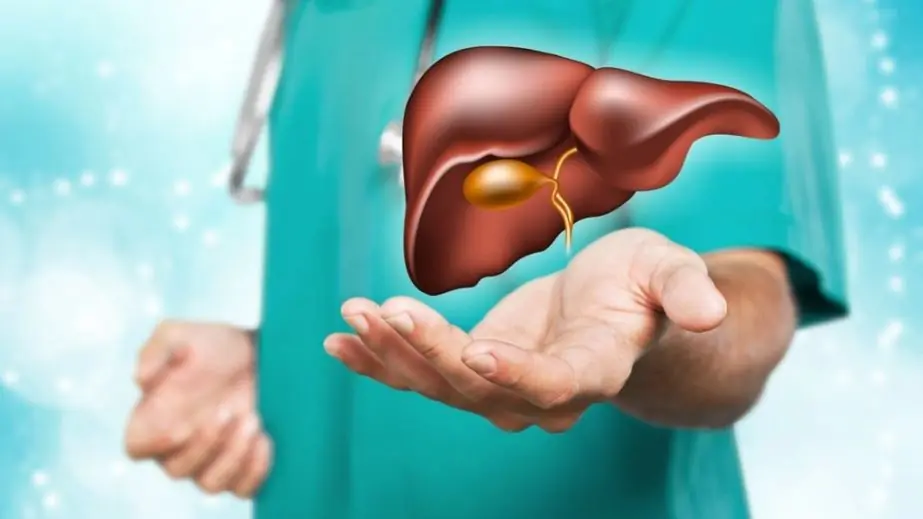
Think You’re Eating Enough Protein? 90% of People Are Dead Wrong
You probably believe you’re getting enough protein.
After all, you eat meat, eggs, maybe even a shake once in a while.
But here’s the truth: most people fall short — and their bodies are paying the price.
Protein isn’t just for athletes or gym-goers. It’s the foundation of life, and when you don’t get enough, everything — from your muscles and bones to your brain and immune system — begins to struggle.
Let’s break down what protein really does, how much you actually need, and why your morning meal might be the most important time of all to get it right.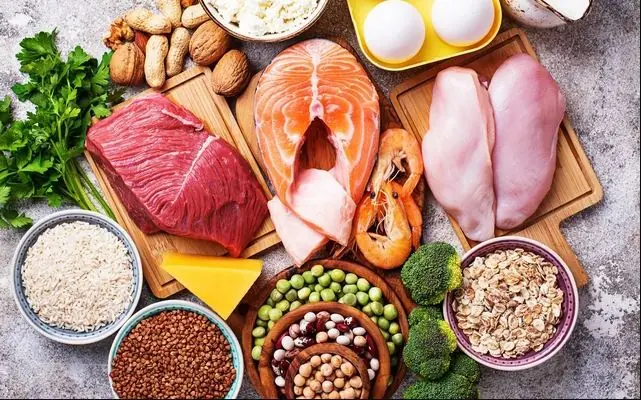
🧬 Understanding Protein: The Building Blocks of Life
Protein is made up of 20 amino acids, 9 of which are essential — meaning your body can’t make them on its own. You have to get them from food.
Every cell, muscle, bone, and strand of hair you have owes its existence to protein. It builds and repairs tissues, forms enzymes and hormones, supports the immune system, and even sharpens your mental focus.
Without enough protein, you’re basically trying to build a house without bricks.
⚠️ Signs You Might Be Protein Deficient
Think you’re fine? Take a closer look.
If you regularly feel hungry, tired, lose muscle, take longer to recover after workouts, catch colds easily, or notice brittle nails and thinning hair — your body might be quietly screaming for more protein.
Other symptoms include poor concentration, weak bones, dull skin, and slower wound healing.
The National Institute of Nutrition (Vietnam) recommends adults consume about 1.13g of protein per kilogram of body weight per day.
That means if you weigh 50 kg, you need at least 56.5 grams of protein daily — and ideally, not all from meat.
🌱 Animal vs. Plant Protein: The Great Debate
Here’s a myth we need to debunk:
“Animal protein is always better than plant protein.”
Not true.
While animal protein (meat, poultry, fish, eggs, dairy) provides complete amino acids, it also often brings along cholesterol and saturated fats, which can raise your risk of obesity, fatty liver, gout, and cardiovascular disease.
Plant-based proteins — from soy, peas, beans, lentils, and nuts — come with fiber, antioxidants, and no cholesterol. They help reduce bad cholesterol (LDL), support heart health, and keep your weight in check.
Ideally, adults should aim for one-third animal protein and two-thirds plant protein in their daily intake.
For older adults, the ratio of plant protein should be even higher; for children, it’s reversed, since they need more animal protein to grow.
🌞 Why Breakfast Protein Changes Everything
Morning isn’t just another meal — it’s your body’s reset button.
After 7–8 hours of fasting, your metabolism, insulin sensitivity, and glucose absorption are at their peak.
That’s why consuming adequate protein at breakfast:
-
Boosts muscle mass and metabolism
-
Improves blood sugar control
-
Increases satiety and reduces cravings
-
Enhances focus, mood, and energy throughout the day
Skipping protein in the morning leaves your body under-fueled, your mind foggy, and your hunger uncontrollable by noon.
🥤 A Smarter Way to Power Up Your Morning
One convenient option is plant-based protein powders, like Nutrilite All Plant Protein Powder, which delivers 8g of non-GMO soy, pea, and wheat protein per scoop — cholesterol-free and easy to digest.
Unlike animal sources, this blend gives you complete amino acids without the heavy fats or additives. It fuels your muscles, supports heart function, and helps you feel light and energized.
Pair it with fruits, oats, or smoothies for a balanced, nutrient-dense breakfast — and you’ve just given your body the perfect start to the day.
💫 The Bottom Line
Protein isn’t a diet trend — it’s the lifeblood of your body.
Yet most people underestimate how much they need, and even fewer realize how crucial morning protein intake truly is.
So tomorrow morning, skip the sugary breakfast.
Start with something that builds, repairs, and fuels you — because your health, energy, and longevity depend on it. 🌞💪
News in the same category

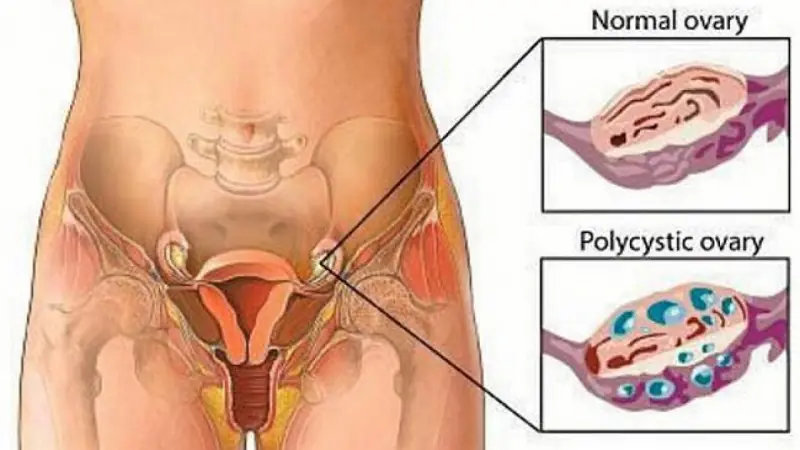
7 Alarming Signs Your PCOS Is Getting Worse

5 Fruit-Eating Mistakes That Secretly Harm Your Health
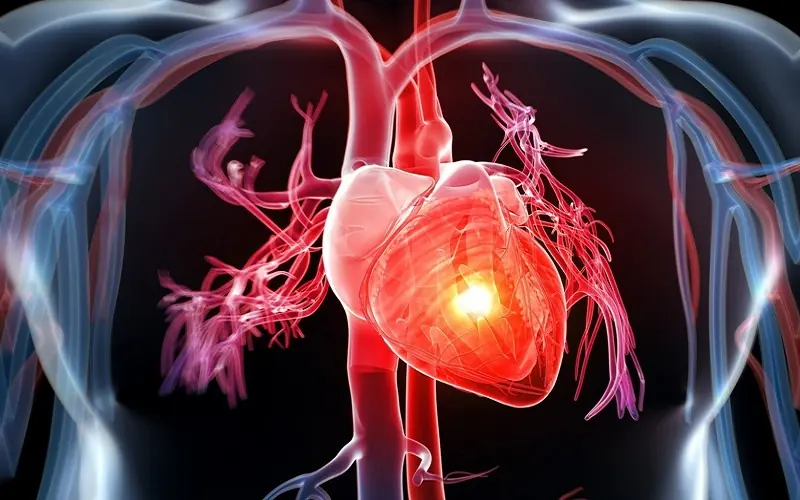
5 Silent Signs Your H.eart Is Crying for Help — But You’re Probably Ignoring Them
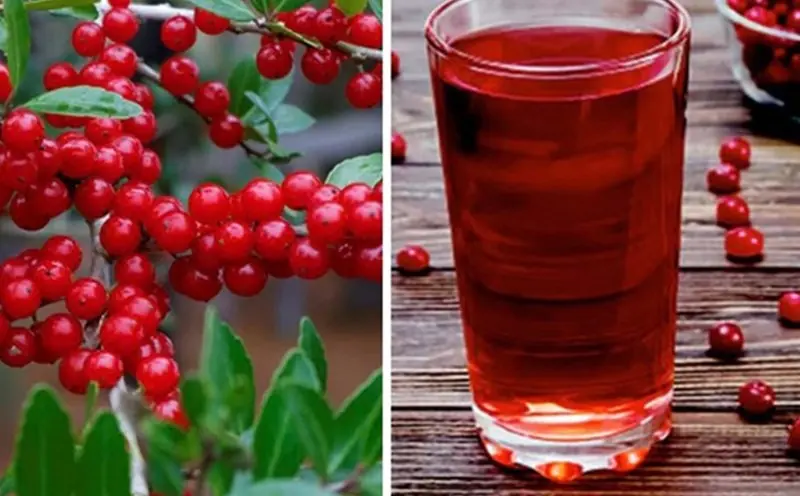
The Ancient Super Mushroom That Heals Your Li.ver and Kid.neys Naturally
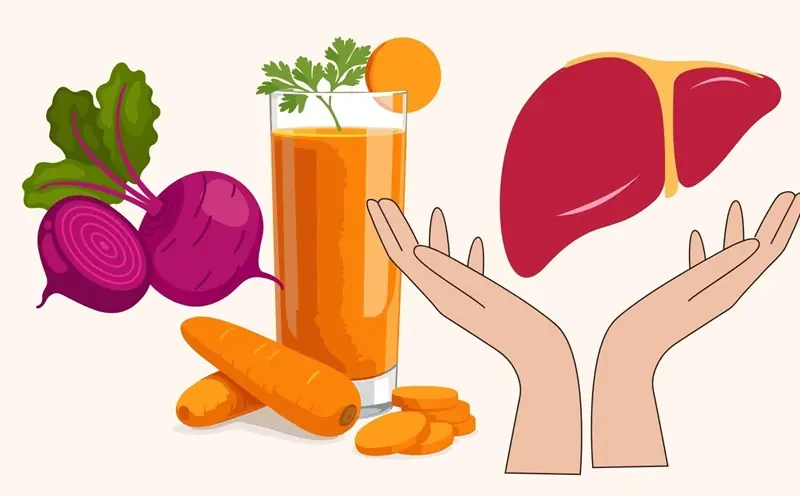
Sleep Your Way to a Cleaner Li.ver: The Nightly Detox Secret
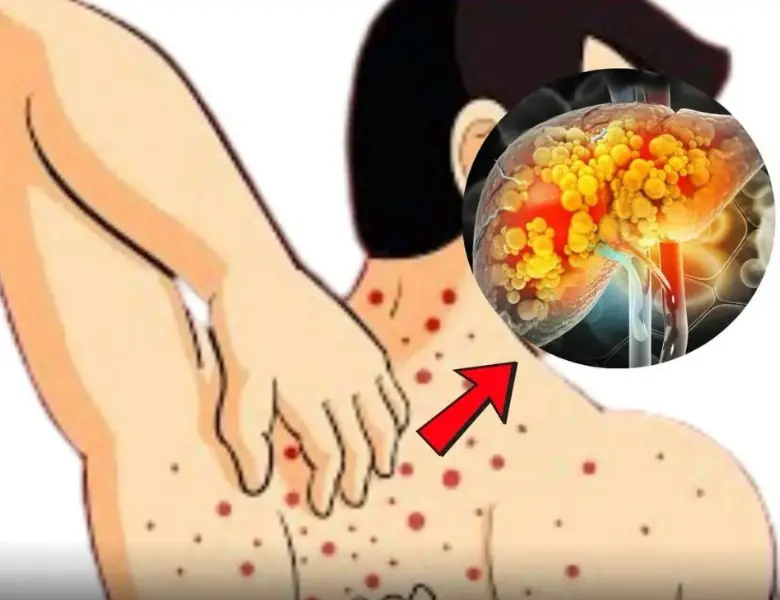
Fa.tty Liver: Causes, Symptoms, Treatment & Evidence-Based Prevention Strategies
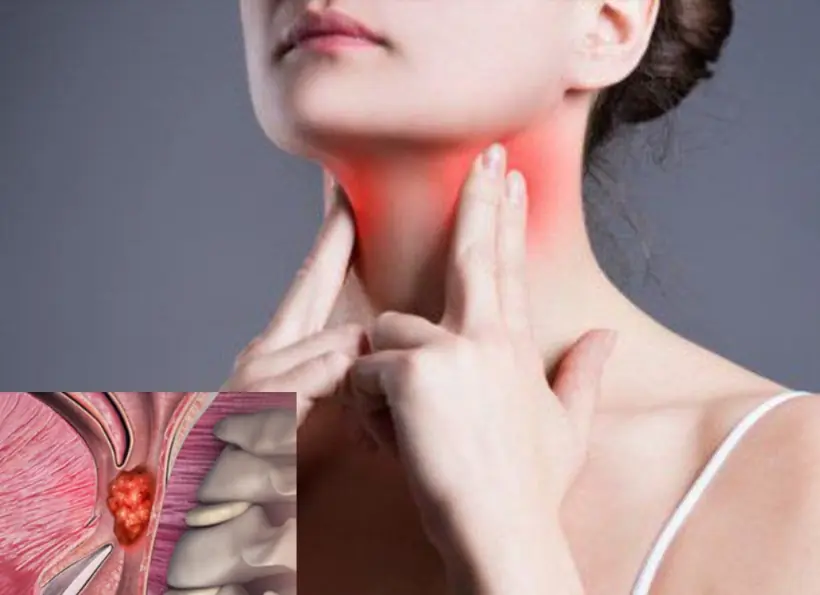
Warning: If You Notice This Sign in Your Body, Go to the Hospital Immediately or It May Be Late-Stage Nasoph.aryngeal Can.cer
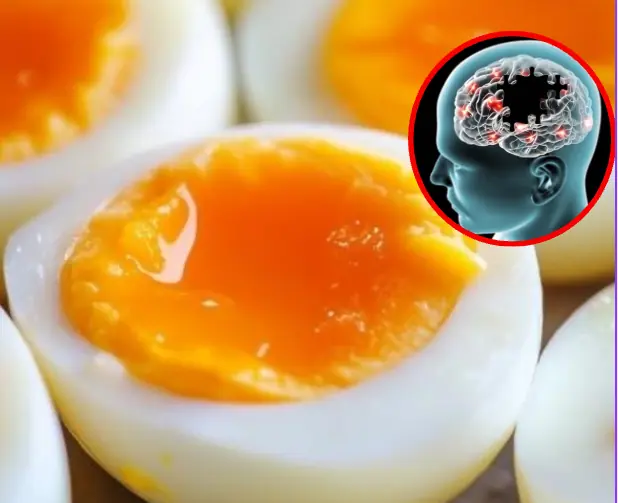
One Egg a Week, 47% Lower Alzheimer’s Risk
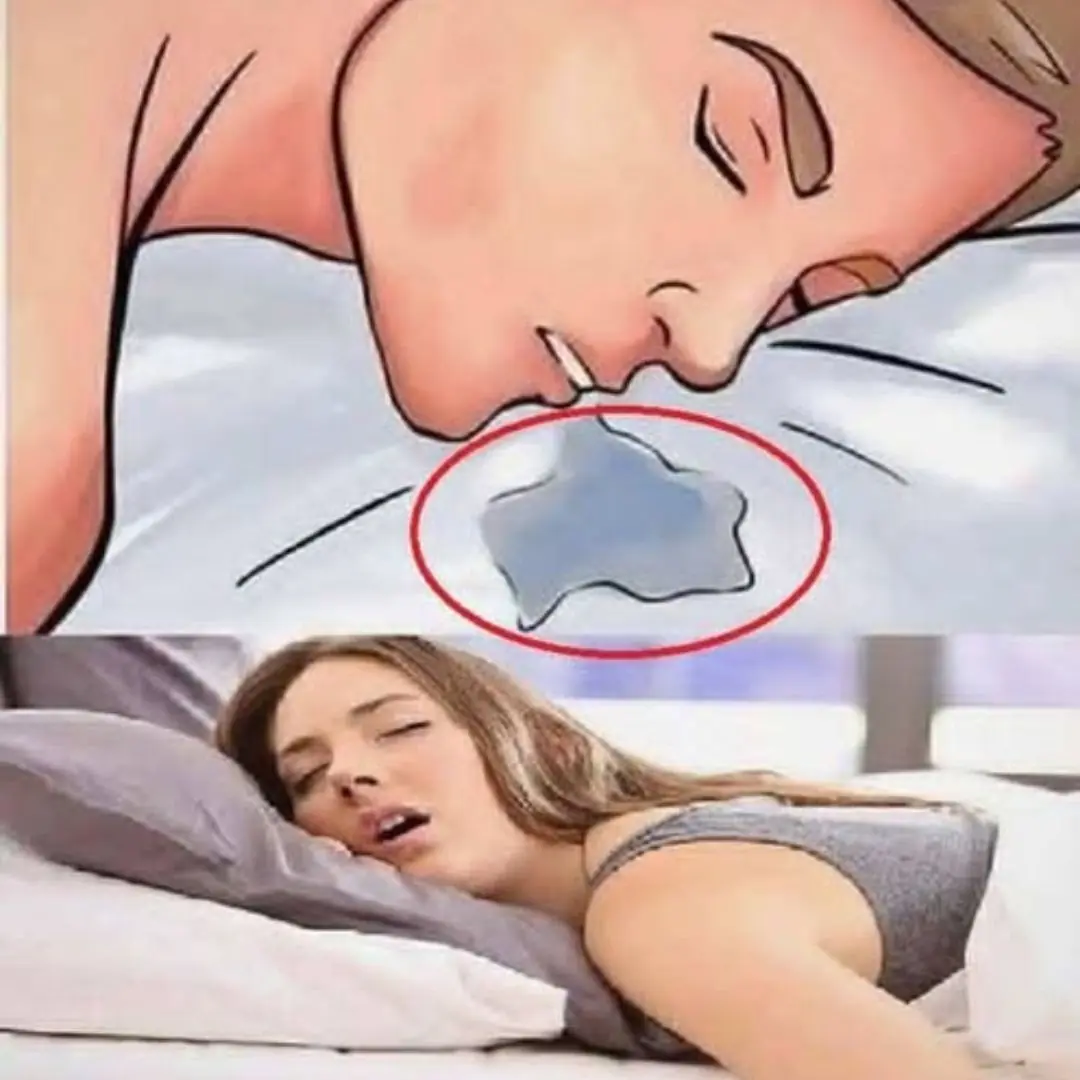
If you drool while sleeping, it is a sign that your brain…
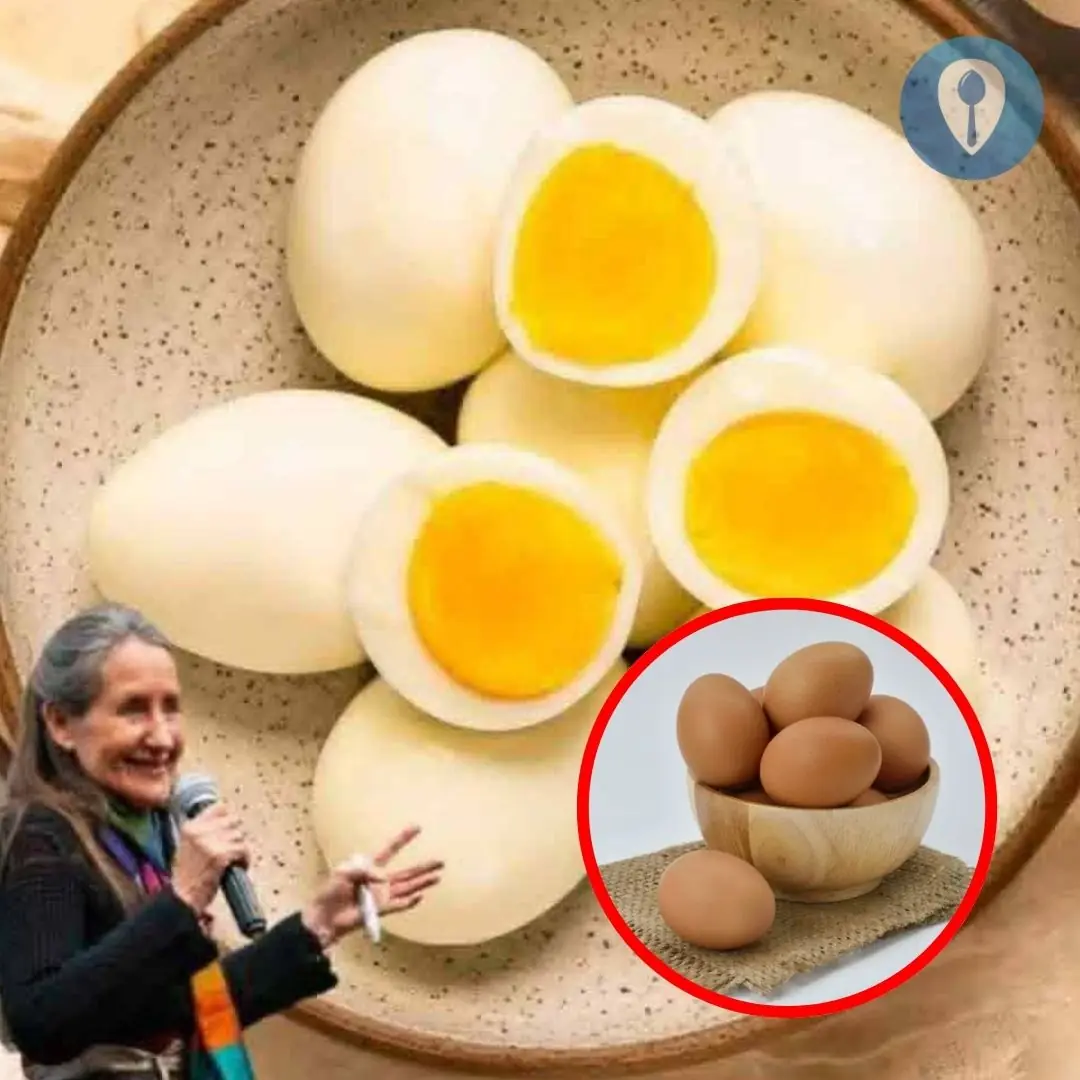
The surprising truth about eating eggs every day

Japan Just Hit 100,000 Citizens Over 100-Years-Old — Their Longevity Secret Isn’t What You’d Think
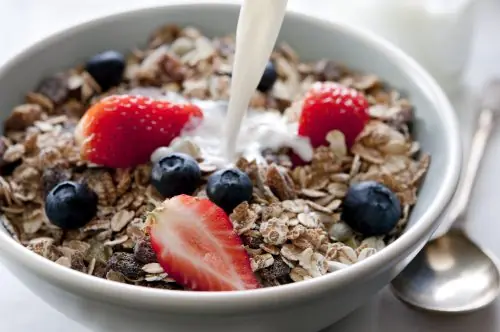
These 5 Foods Are Diabetes Enemies — Sadly, Many People Are Unaware

New research on so.lid tu.mor kil.ling method, successful in mice, awaiting clinical trials
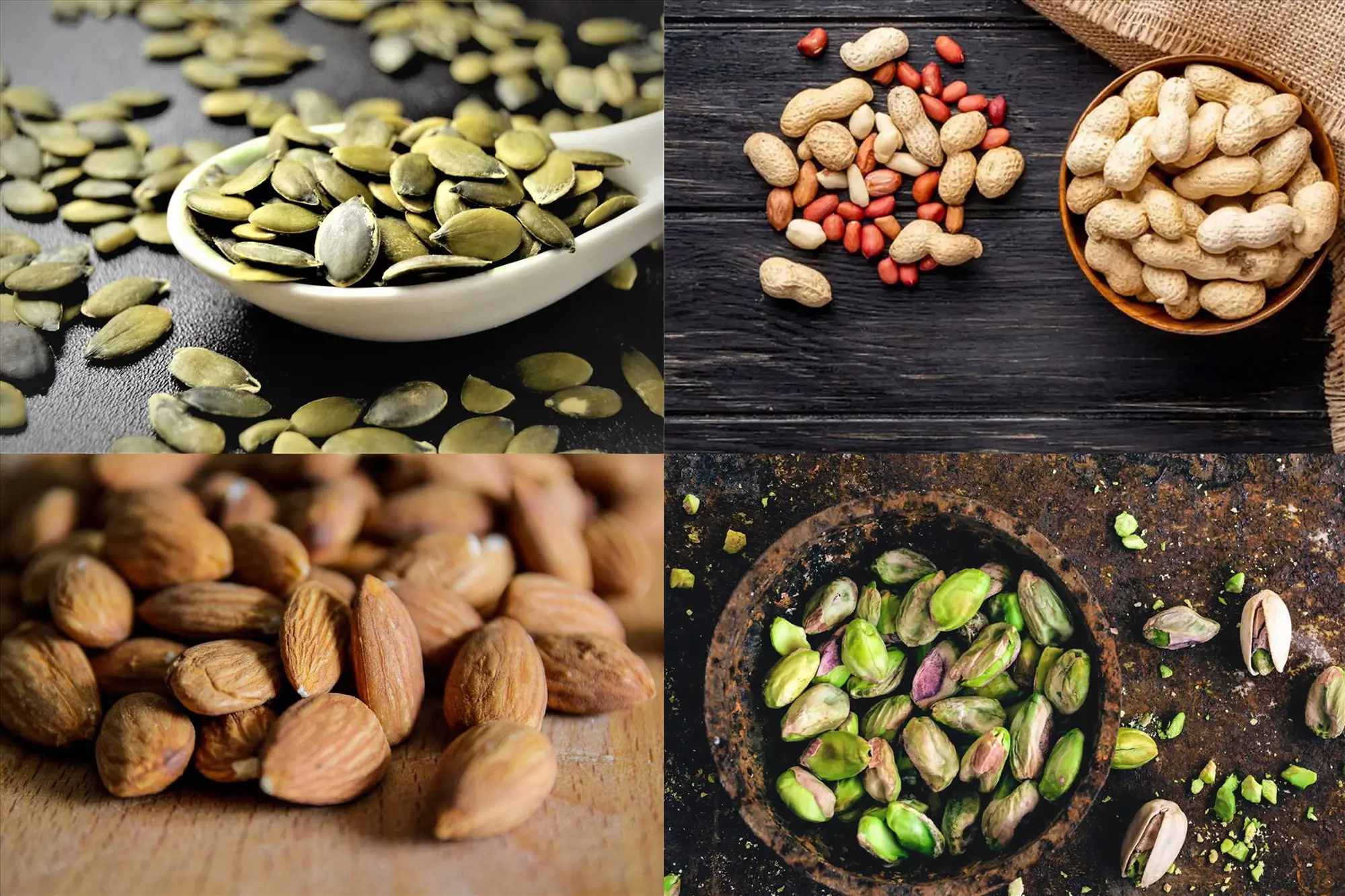
The Power of Walnuts: A Superfood for Kid.ney Health and Brain Function
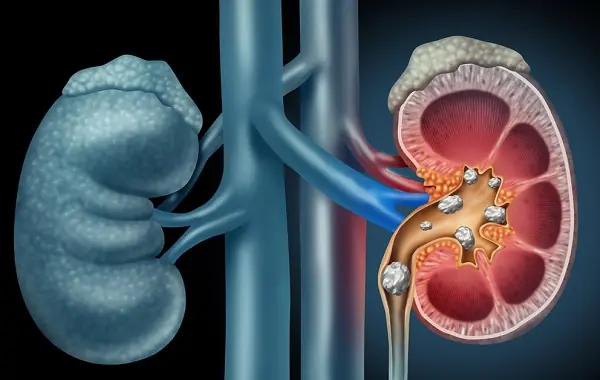
Keep Your Kid.neys Healthy with These Simple, Natural Choices

Experts Say These Four Foods Could Be Part of the Reason. Smart People Have Already Given Them Up
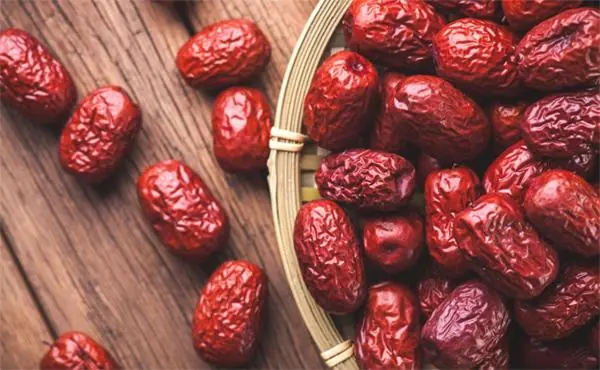
3 Danger.ous Ways Eating Red Dates Could Ha.rm Your Health
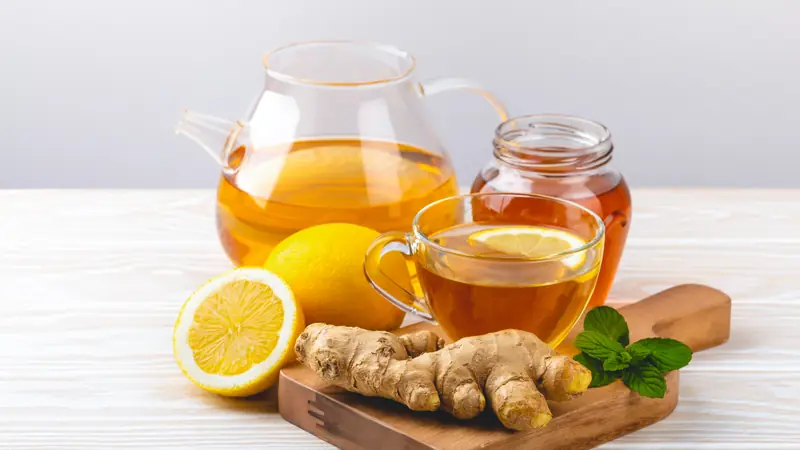
5 Natural Drinks to Keep Your Li.ver Healthy and Detoxified
News Post

5 Powerful Ways to Stay Vibrantly Healthy in Your 40s and 50s
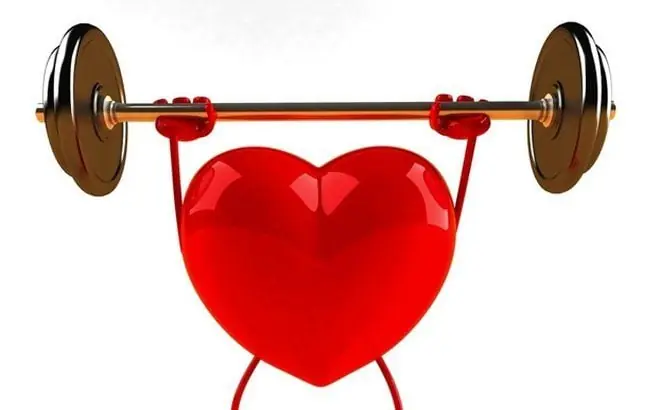
How to Exercise Without Overloading Your H.eart

5 Silent Signs Your Li.ver Is in Trouble — and You’re Probably Ignoring Them
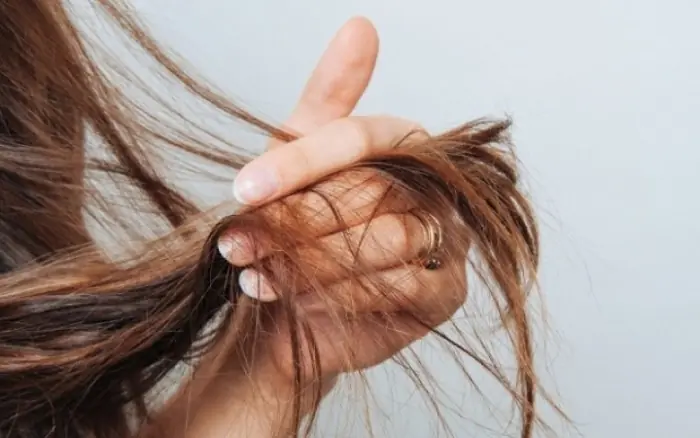
4 Hair Care Habits You Think Are Helping — But Are Actually Ruining Your Hair

7 Alarming Signs Your PCOS Is Getting Worse

5 Fruit-Eating Mistakes That Secretly Harm Your Health

5 Silent Signs Your H.eart Is Crying for Help — But You’re Probably Ignoring Them
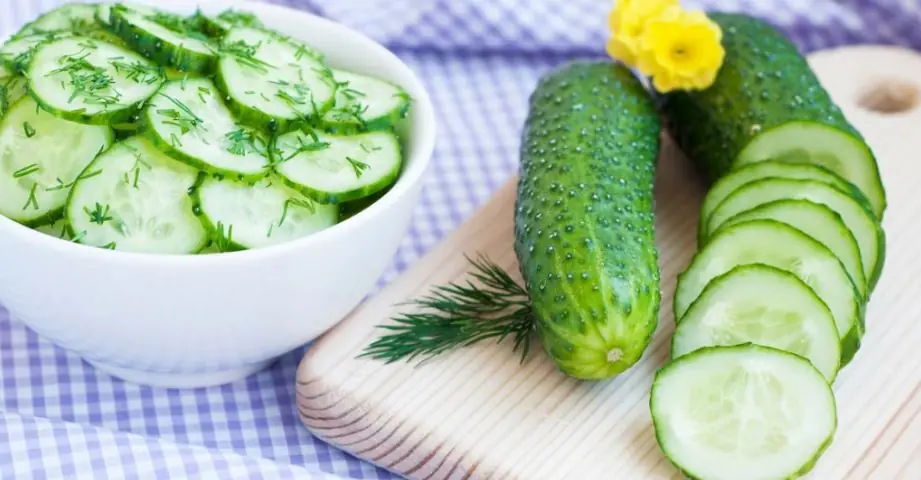
The Surprising Truth About Cucumbers and Kid.ney Disease

The Ancient Super Mushroom That Heals Your Li.ver and Kid.neys Naturally

Sleep Your Way to a Cleaner Li.ver: The Nightly Detox Secret
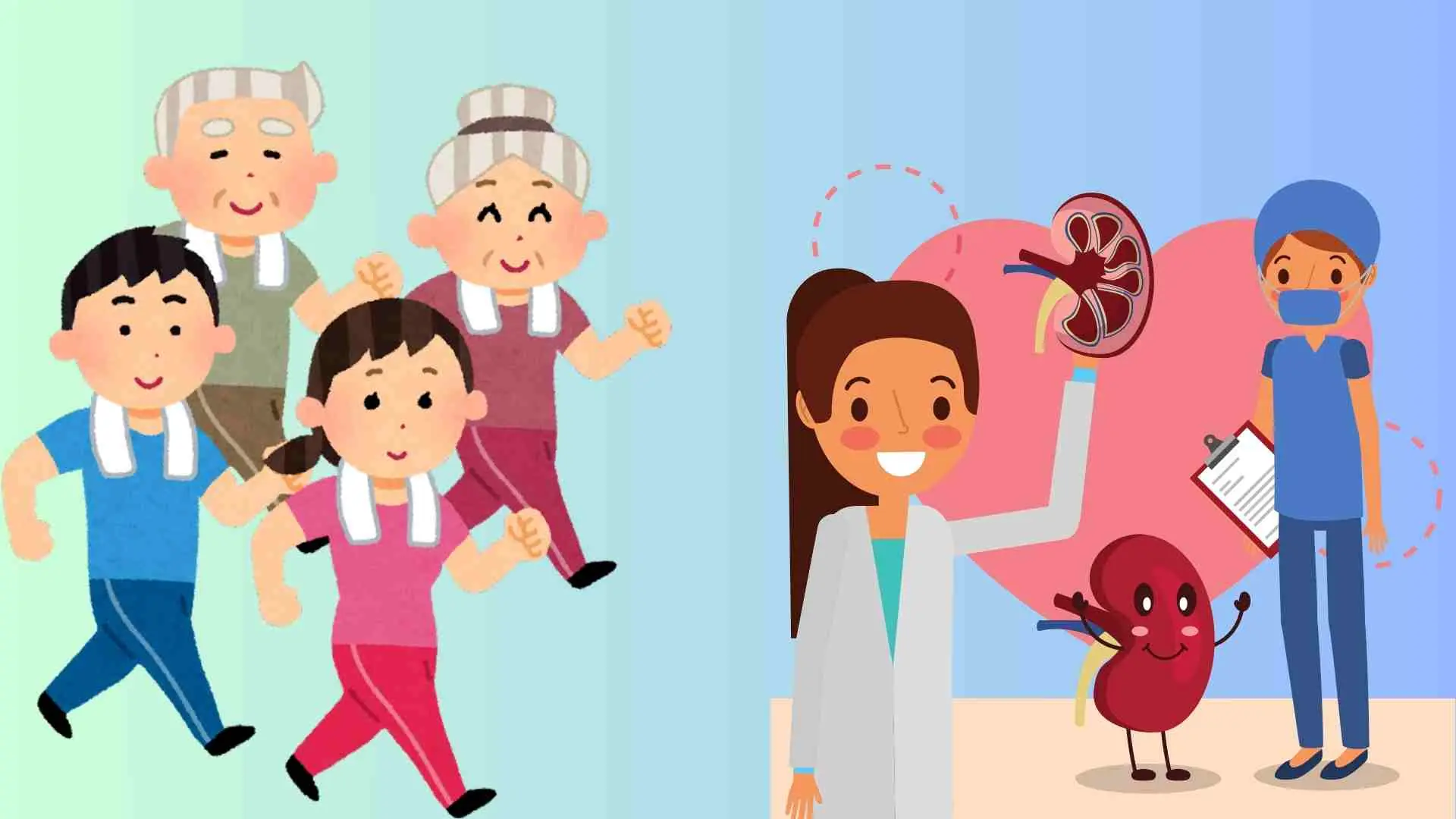
How Walking Can Transform Your Li.ver and Kid.neys Without You Even Realizing It

Fa.tty Liver: Causes, Symptoms, Treatment & Evidence-Based Prevention Strategies

Warning: If You Notice This Sign in Your Body, Go to the Hospital Immediately or It May Be Late-Stage Nasoph.aryngeal Can.cer

What Does It Mean When Someone Who Has Pas:sed Away Appears In Your Dream

One Egg a Week, 47% Lower Alzheimer’s Risk

If you drool while sleeping, it is a sign that your brain…

Why Do Some Windows Have "Belly Bars"?

The surprising truth about eating eggs every day
